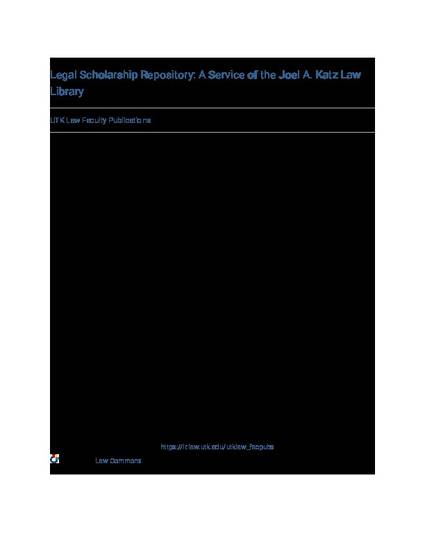
Article
Behavioral Antitrust and Monopolization
Journal of Competition Law and Economics
(2012)
Abstract
One hot topic is whether Google has violated the antitrust laws. Another important topic is how behavioral economics can enrich antitrust policy. This Essay examines two implications of behavioral economics on antitrust monopolization law. The Essay first discusses trial-and-error learning as an entry barrier. This is timely given the current debate over the entry barriers of the search engine market.
The Essay next discusses behavioral exploitation to maintain a monopoly. The behavioral economics literature can help explain the European Commission’s tying claims against Microsoft, why the Commission’s original remedy failed, and the benefits and risks of the Commission’s remedy involving its subsequent prosecution of Microsoft over Internet browsers.
Keywords
- behavioral economics,
- antitrust,
- tying,
- section 2,
- abuse of dominance,
- Sherman Act,
- entry barriers
Disciplines
Publication Date
September, 2012
Citation Information
Maurice E Stucke. "Behavioral Antitrust and Monopolization" Journal of Competition Law and Economics Vol. 8 Iss. 3 (2012) p. 545 - 574 Available at: http://works.bepress.com/maurice_stucke/80/
